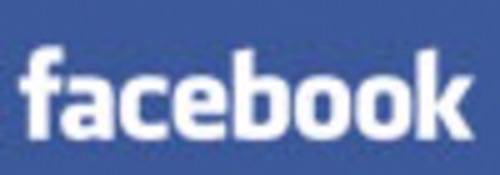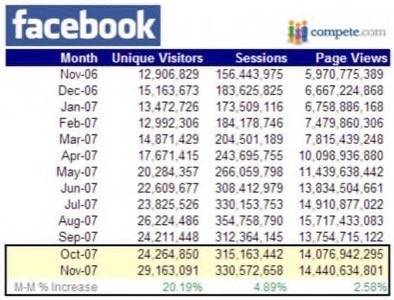Facebook founder Mark Zuckerberg posted on the company blog this morning apologizing for missteps with the roll-out of their much maligned Beacon advertising system. “We’ve made a lot of mistakes building this feature, but we’ve made even more with how we’ve handled them. We simply did a bad job with this release, and I apologize for it,” he wrote.

Zuckerberg goes on to apologize specifically for “taking too long” to make the system opt-in rather than opt-out (where the site assumed no answer to the Beacon prompt was a ‘yes’ and went ahead and shared information). Last week Facebook made Beacon opt-in site-by-site, and today they added a privacy control that allows users to shut off the program completely (pictured after the bump).
As you can see, I haven’t come across Beacon in the wild too often.

Some users on the MoveOn-sponsored Beacon protest group formed on Facebook have expressed continued wariness, though. Writes Andrew C, from Ithaca College, “The blog also did not address the fact that even if we turn beacon off they [Facebook] will still be receiving information about our activity on 3rd party sites. I want to know what Facebook is doing with information and how I can keep them from even having an inkling of what I am doing on other sites.”
However, as we reported on Monday, Facebook promised that any data collected from people who opt not to have it shared to their friends’ newsfeeds is deleted. “If a Facebook user clicks ‘No, thanks’ on the partner site notification, Facebook does not use the data and deletes it from its servers,” they wrote in an email to Computer Associates security analyst Stefan Berteau.
Though some are still wary of Facebook in general, it would seem that the Beacon saga has at long last come to an end, and likely without much in the way of a detrimental effect on Facebook. MoveOn’s group has just under 70,000 members this morning after a little over two weeks in existence, still a far cry from the hundreds of thousands of users who joined groups to protest the newsfeed’s release last fall (which has since become a much loved feature of the site). And, a poll uncovered by Valleywag yesterday indicated that even in tech-centric cities like San Francisco, the vast majority of users still had not come across Beacon. Personally, I have only seen it in action once, and that was because I specifically visited a partner site to see how the system worked.
Further, a new report from Compete shows that Facebook’s total unique traffic jumped 20% in November.

Conclusion
With Zuckerberg’s mea culpa and Facebook’s emailed promise that data is not collected from those who opt-out, hopefully this is the last post I’ll make about the privacy issues surrounding Facebook’s Beacon ad system. One thing that can be said for sure about Facebook: even though they don’t always get it right the first time, they listen to their users and iterate continuously until they hit something people are happy with. When they first released the newsfeed and mini-feed last year, users were outraged that their information was being shared without their control to friends. Since then, Facebook has included increasingly more fine grained privacy controls that allow users to control what info gets published. The result? The newsfeed is often credited as one of the most appealing and important features of the network.
The launch of Beacon has followed a similar progression — it wasn’t quite right on the first go around, but after a few feature changes, it is likely now something that people can live with and perhaps learn to like. What do you think? Is the Beacon saga finally over for you or do you still have concerns? Voice your opinion in the comments below.

















